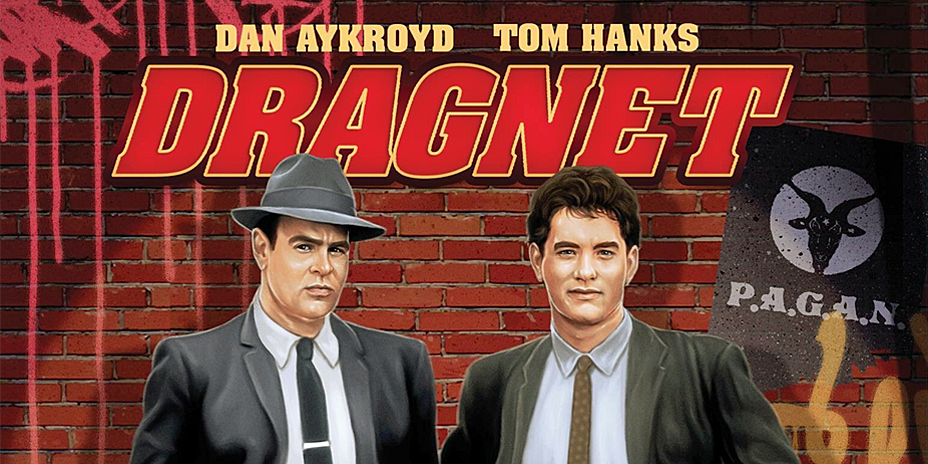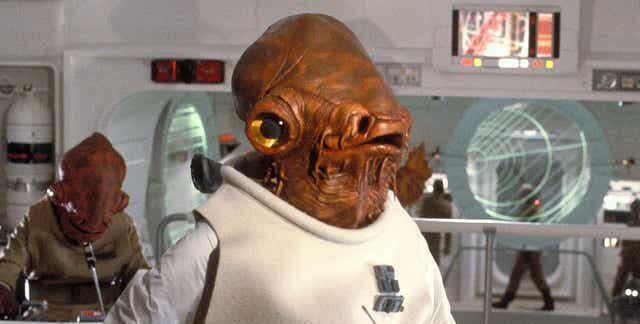
Again, the kingdom of heaven is like a dragnet that was cast into the sea and gathered some of every kind, which, when it was full, they drew to shore; and they sat down and gathered the good into vessels, but threw the bad away. So it will be at the end of the age. The angels will come forth, separate the wicked from among the just, and cast them into the furnace of fire. There will be wailing and gnashing of teeth. (Mt 13:47-50)
Wow! If you ever find yourself looking at this parable and thinking, “Ouch, it sure sounds serious,” then I assure you that you’re not alone. This parable has been particularly on my mind for several months, and I thought I’d share some reflections. I’d like for you to suspend some of your initial notions and assumptions about the parable, and to use your imagination with me.
When I first began reading the Mockingbird blog, alongside some Robert Farrar Capon, one of the first things I learned was how I didn’t (and still don’t) understand a lot of what Jesus said in those odd teachings. I often came away with a to-do list, feeling really bad about myself. I was not coming away with the feeling of amazing grace and forgiveness. One of the keys to unlocking the meaning is to find the Christ figure in the parable, and when you do that you can also locate yourself. In his amazing book on the parables, Capon says this:
… those who had a grip, by faith, on the fact that the mystery was ultimately Jesus himself were able to find the Crucifixion/Resurrection the source of ever greater understanding; those who didn’t, on the other hand, found it nothing but a colossal unintelligibility.
The parables of Jesus testify to him. If we don’t see him in the parable and what he’s doing then we all wind up in the fire with our spiritual to-do list, and there will be weeping and gnashing of teeth. Self-righteousness is a living hell, but simple trust in a work that has been done for us is good news.
In this parable we see the kingdom being like a fishing expedition. The fisherman uses a dragnet, the kind with weights on the bottom of it. It grabs everything in its path: fish, seaweed, and debris, catching as much as possible in order to find something the fisherman likes. What is gathered in the net is acted upon unwillingly. This is a key point. The net takes them by force. Just as in an earlier parable, when the enemy sows the tares in the field. The farmer lets the wheat and tares grow together and then takes it all up.
My dad was at the beach as a teenager and watched a boat use a dragnet. He didn’t know what they were fishing for, but when they came to shore the net contained a body of a drowned swimmer with fish all over it. They discarded the fish and kept the body.

In the parable, after the fishers pull up the dragnet, they sort out the catch. From the outset we don’t get a good idea of the criteria of how and what is sorted into which pile. It doesn’t appear to have anything to do with its past history. The imagery seems to suggest it is more about what the fisherman likes and chooses. Fishermen keep fish and throw out worthless seaweed, beer cans, and old tires. The parable is giving us more of a description of who he is rather than what we are and should be doing.
If we refer back to other parables, we understand this is about the same God who leaves the ninety-nine to go after that one sheep. He buys an entire field to get one treasure. This is the same God looking for fine pearls only to sell everything to get one, single, solitary pearl he can’t live without. He might be looking for something very specific in that water, and I posit that it is you. He casts a wide net that drags the bottom just to find the one you. He is willing to search through a bunch of worthless junk in that net in order to find you. Therefore, this parable is about you, the net, and the guy dragging it.
So where might we be in the parable? Caught in the net, flipping our fins for dear life.
Modern dragnets are used today by law enforcement to capture criminals. This dragnet in the parable could be doing what it is designed to do, and that is to catch the crook. We all know that we are lawbreakers. Speaking of the righteousness God imputes to believes, Luther says in his commentary on Galatians:
It is a simple passive righteousness, since all the previous ones are active. To obtain this, we don’t do any work at all, nor do we offer anything to God. Rather, we only receive and allow Another to work on our behalf, none other than God himself.
When I read the parables, I start to see that I’m getting away with something because he’s putting me in the good vessel. What he is putting in the good pile doesn’t really belong there. None of us do. It has nothing to do with anything I’ve done good or bad (Rom 2:30). It has nothing to do with anything I can take credit for (3:21-28). None of that is what lands you and me in the good vessel.
It is possible to come away from this parable asking yourself one of two questions: What do I have to do to land myself in the good pile? Or what has been done to land me in the good pile? He doesn’t give us any clues about what to do to land ourselves in the good pile. If the caught fish do anything, it’s not the kind of thing that makes for a good morality tale. Fish caught in nets by fisherman don’t live long outside of the water. Being trapped by the kingdom is the best news in the world, but it also leads to our deaths. Caught in a net and awaiting the fisherman, there’s nothing that we can do but enjoy our forgiveness.

COMMENTS
Leave a Reply



COMMENTS
Leave a Reply












